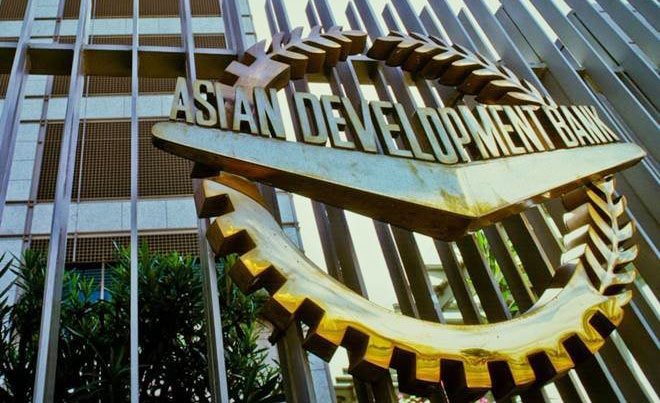
The local currency bond markets in emerging East Asia continued to expand over the first quarter of 2019 despite trade conflicts and moderating global growth, according to ADB's latest issue of the Asia Bond Monitor. Housing bonds and green bonds are potential areas of future growth, the quarterly report said.
"The region’s bond markets are holding firm but the
risks are still to the downside,” said ADB Chief Economist Mr. Yasuyuki Sawada.
"That said, we see potential in the development of housing bonds to finance
growing demand for homes as countries urbanize and for green bonds to fund
clean energy and other climate-friendly projects.”
At the end of March, there were USD15 trillion in local currency bonds
outstanding in emerging East Asia, 2.9% more
than at the end of 2018 and 14.0% more than at the end of March 2018. Bond
issuance in the region, meanwhile, amounted to USD1.4 trillion in the first
quarter, 10.0% higher than in the last quarter of 2018 on the back of stronger
issuance of government debt.
Foreign investors were upbeat on the PRC in the
first quarter of 2019 due to a better-than-expected economic performance. Indonesia also enjoyed greater foreign
investment but foreign holdings in the Philippines took a hit as investors
cashed out profits. Uncertainty over the general election spurred a
wait-and-see approach among foreign investors in Thailand.
Government bonds accounted for 61.7% of emerging
East Asia’s total local currency bond stock at USD9.3 trillion as of the end of
March, a 14.0% increase versus end March 2018. Meanwhile, there were USD5.8
trillion in corporate bonds outstanding, 14.2% more than a year earlier. The
PRC remained the largest bond market in terms of size in emerging East Asia, with 75.3% of the region’s total outstanding
bonds. Malaysia had the
largest market for sukuk, or Islamic bonds, while the Republic of Korea
had the largest bond-to-gross domestic product ratio in the first quarter of
this year, at 125.6%.
In a special chapter, the report noted that
developing a market for housing bonds would increase access to home loans at a
time of rising demand and diversify housing finance, traditionally provided by
commercial banks. Provision of housing finance through the bond market would
also mitigate the maturity mismatch arising between typically long-term
borrowing by homeowners and short-term bank loans. Developing a housing bond
market can help countries raise funds to build more housing units, meeting the
increasing housing demand while also contributing to growth and development
through job creation, the report said.
Meanwhile, the continued development of Asia’s green bond market is helping the region finance
climate mitigation and adaptation projects. For instance, a senior secured note
from Indonesia’s Tropical Landscape Finance Facility in February financed a
sustainable natural rubber plantation, while in May, Korea Water Resources
Corporation sold Asia’s first-ever water bond to finance sustainable water
management systems./.
Source: CPV
The first summit between the European Union (EU) and the Gulf Cooperation Council (GCC) in Brussels, Belgium, marked an important step forward in their bilateral relations.
The 45th General Assembly of the ASEAN Inter-Parliamentary Assembly (AIPA-45) opened in Vientiane on October 19.
Many countries are grappling with rapidly aging population. As population aging becomes an irreversible global trend with significant impacts on economic and social sectors, nations face the urgent task of creating flexible policies to adapt to and make the most of this trend to build prosperous and sustainable societies.
With a series of stimulus measures, the world tourism industry is on the way to recovery as before the COVID-19 pandemic broke out. Facing the opportunity to take off, the "smokeless industry” is expected to strongly contribute to global economic growth while promoting potential and cohesion, contributing to peace and sustainable development.
The danger from the COVID-19 pandemic is still latent, threatening people’s health and lives in the context that the immunity provided from the COVID-19 vaccine has decreased. Many other dangerous diseases are also likely to break out when the global vaccination rate slows down, due to inequality in access to health services, vaccine hesitancy, and consequences of economic recession.
The Association of Southeast Asian Nations (ASEAN) is witnessing a rise in the sales of electric vehicles (EVs) in Vietnam, Malaysia and Indonesia, according to Maybank Investment Bank Research (Maybank IB Research).


